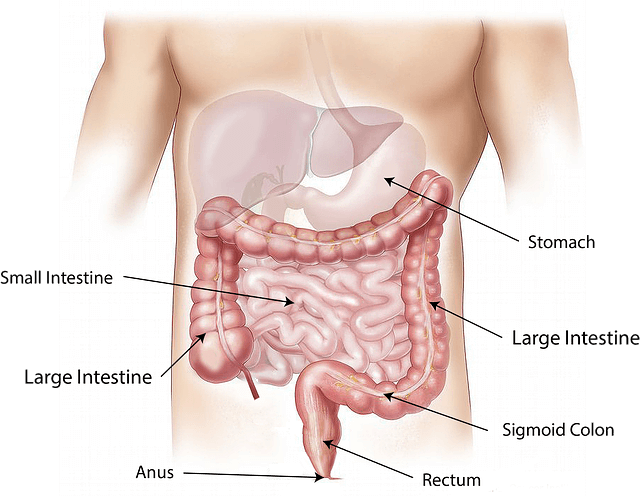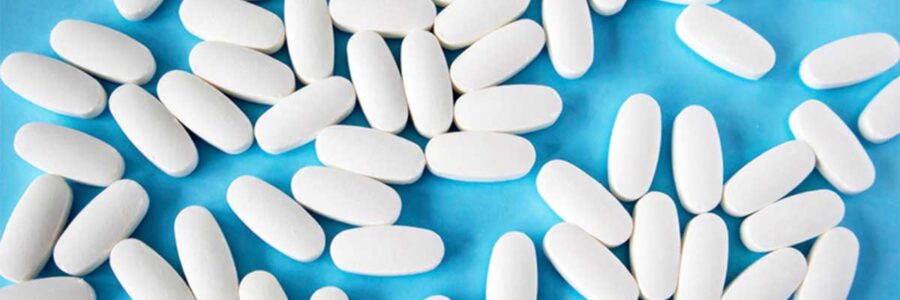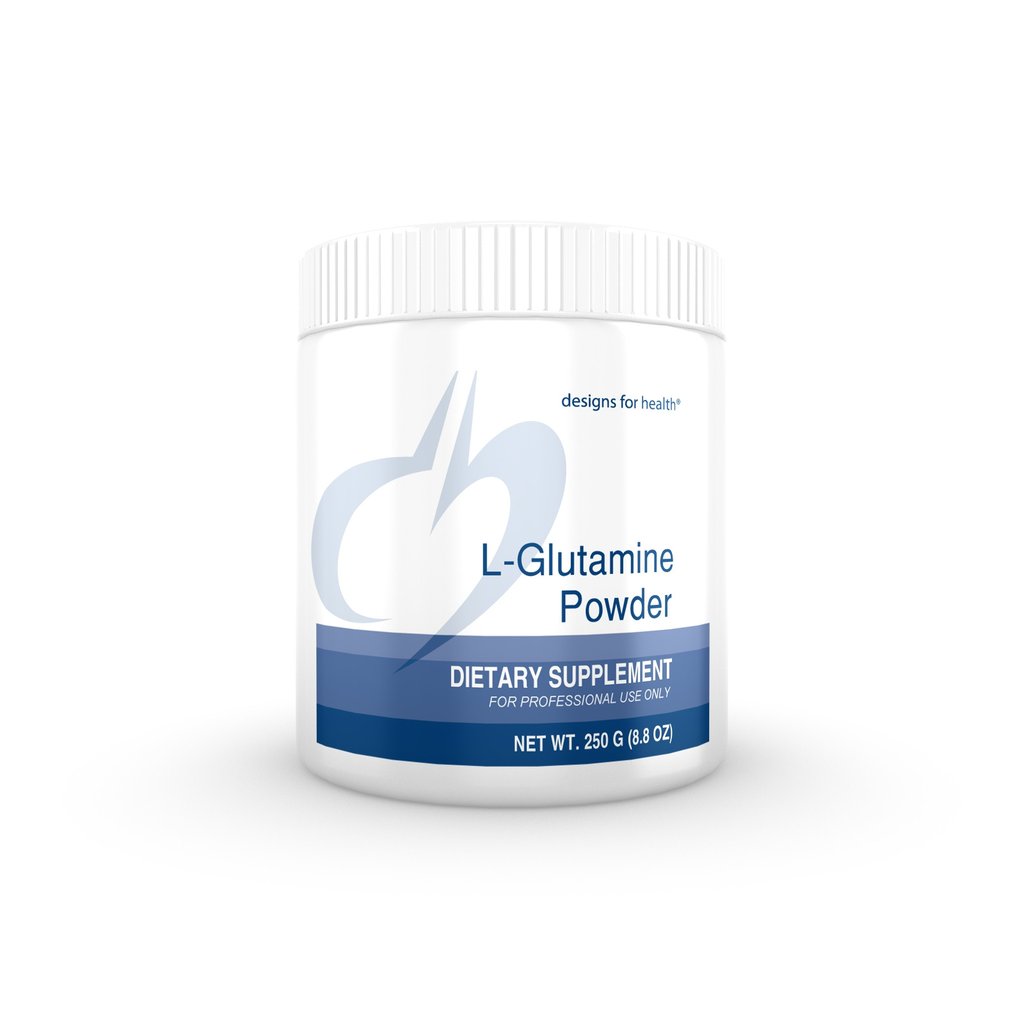What is Leaky Gut?

Leaky gut is a digestive issue that affects the intestines and the intestinal walls. Under normal conditions, toxins and bacteria are contained inside the intestines, where they are held until being removed from the body as waste. However, when a person has leaky gut, these dangerous particles are able to seep through the intestinal wall and enter the bloodstream. The result of this leakage is a myriad of health problems.
Also known as “increased intestinal permeability,” symptoms of leaky gut can include any of the following:
- Weak immune system
- Frequent bouts of fatigue
- Headaches
- Nutrient deficiencies
- Intense cravings for carbs and sugar
- Joint pain (arthritis)
- Skin issues (acne, eczema, skin rashes, etc.)
- Intestinal problems (constipation, bloating, chronic diarrhea, etc.)
- Memory loss
- Brain fog
The first reaction when experiencing any of these symptoms is to take medication to feel better. For example, if a person has a headache, they tend to take an aspirin to stop their head from hurting. They might feel better initially, but it’ll be short-lived and ineffective long term because they aren’t getting to the source of their health issues.
The actual root cause of their issues (leaky gut) is never addressed and as a result, never gets treated. Ironically, leaky gut isn’t recognized by traditional medicine as a legitimate health concern, but there are a few studies that acknowledge it as a “danger for autoimmune diseases.1
How Long Does L-Glutamine Take to Repair Intestines?

When it comes to repairing the gut, L-Glutamine is an excellent choice. Thanks to regeneration, new cells are created in the gut every few days, while the old cells are removed from the body. L-Glutamine plays a key role in this process by helping to quickly restore the gut lining and regenerate newer, healthier cells naturally. These new cells are the key in repairing the intestines and eliminating leaky gut. Thanks to L-Glutamine, the healing typically starts within 30 days, with it being repaired in approximately 12 weeks. For those with chronic health problems in the intestines, healing may take anywhere from 12 to 24 months in most cases.
L-Glutamine is a non-essential amino acid that works best when eating a clean, healthy diet and avoiding fried and processed foods. This powerful 1-2 combination can help the body repair the intestines naturally without the use of modern medications and their harmful side effects.
How & When to Take L-Glutamine
L-Glutamine can be consumed in either pill or powder form. The powder variety can be taken with food, while the tablets can be taken on an empty stomach, either one hour before a meal or two hours after eating. The number of times a person takes L-Glutamine per day can vary depending on the reason for its use, ranging from once per day to several times daily.
While L-Glutamine is considered safe, it could interact with certain over the counter drugs, prescription medications and vitamin supplements. As a result, consulting with a physician before using is advised. Also, individuals with liver or kidney disease should talk to their doctor before taking this product as well.
L-Glutamine & Constipation
L-Glutamine is believed to help with a variety of gut issues, including constipation. Infrequent and/or incomplete bowel movements are typical signs of constipation. (It is also the opposite of diarrhea.) Irritable bowel syndrome is a possible cause of constipation. Constipation is ranked as one of the most common digestive issue complaints and is believed to affect four million Americans annually.2
Findings are still being reviewed, but a recent study notes that L-glutamine alleviates constipation during late gestation of mini sows. The study concluded that L-Glutamine “ameliorated constipation by the regulation of gut microbiota, which has relevance for gut health and function.” Researchers also noted similar rates of constipation appeared in humans as well.3
L-Glutamine and IBS
Irritable bowel syndrome has a direct impact on the digestive system. The following ailments are common symptoms of IBS:
- Constipation
- Cramping
- Diarrhea
- Upset stomach
- Bloating
It is believed that some cases of IBS are caused by an L-Glutamine deficiency. An adequate level of this amino acid strengthens and protects the mucous membrane of the intestines and esophagus. In addition to increasing the activity of healthy new cells in the gut, L-Glutamine helps to reduce the impact of IBS. A 2016 study found that L-Glutamine helped improve the condition of patients with diarrhea-predominant IBS.4
L-Glutamine Powder
When it comes to taking L-Glutamine supplements, there are many options to choose from, but one of the best is DFH – L-Glutamine Powder 250 gm. In addition to helping heal and repair the gut, this all-natural product offers the following benefits:
- Strengthens and repairs the gut lining
- Improves concentration, focus, and memory
- Assists in weight loss
- Burns fat
- Decreases sugar and alcohol cravings
Only one teaspoon of this product per day is all that is needed to reap all these amazing health benefits.
Summary
Even though it’s not officially recognized by modern medicine, leaky gut syndrome is a health issue that should not be ignored or dismissed. There are many health issues (such as headaches, constipation, and fatigue) that can be tied to leaky gut that the general public is unaware of. The amino acid L-Glutamine has shown promise in many studies as a safe and natural way to strengthen the intestinal wall, treat constipation, and ease symptoms of this mysterious ailment. Instead of simply focusing on the symptom, it’s critical a person dig deeper and get to the source of the issue. If a person is suffering from leaky gut syndrome, L-Glutamine may be exactly what their body needs to return to good health.
References:
- Qinghui Mu, Jay Kirby, Christopher M. Reilly, (et al.) Leaky Gut As a Danger Signal for Autoimmune Diseases. Front Immunol. 2017; 8: 598. Published online 2017 May 23. doi: 10.3389/fimmu.2017.00598 [PMCID: PMC5440529] PMID: 28588585 https://www.ncbi.nlm.nih.gov/pmc/articles/PMC5440529/
- Sonnenberg A, Koch TR. Epidemiology Of Constipation In The United States. Dis Colon Rectum. Published. 1989 Jan;32(1):1-8. [PMID: 2910654] DOI: 10.1007/bf02554713 https://www.ncbi.nlm.nih.gov/pubme
- Yuanyuan Zhang, Taofeng Lu, Lingxia Han, (et al.) Glutamine Supplementation Alleviates Constipation During Late Gestation Of Mini Sows By Modifying The Microbiota Composition In Feces. Biomed Res Int. 2017; 2017: 4862861. Published online 2017 Mar 12. doi: 10.1155/2017/4862861 [PMCID: PMC5366184] PMID: 28386552 https://www.ncbi.nlm.nih.gov/pmc/articles/PMC5366184/
- Bertrand J, Ghouzali I, Guérin C, (et al.) Glutamine Restores Tight Junction Protein Claudin-1 Expression in Colonic Mucosa of Patients With Diarrhea-Predominant Irritable Bowel Syndrome. JPEN J Parenter Enteral Nutr. 2016 Nov;40(8):1170-1176. Epub 2015 May 13 [PMID: 25972430] DOI: 10.1177/0148607115587330 https://www.ncbi.nlm.nih.gov/pubmed/25972430/



